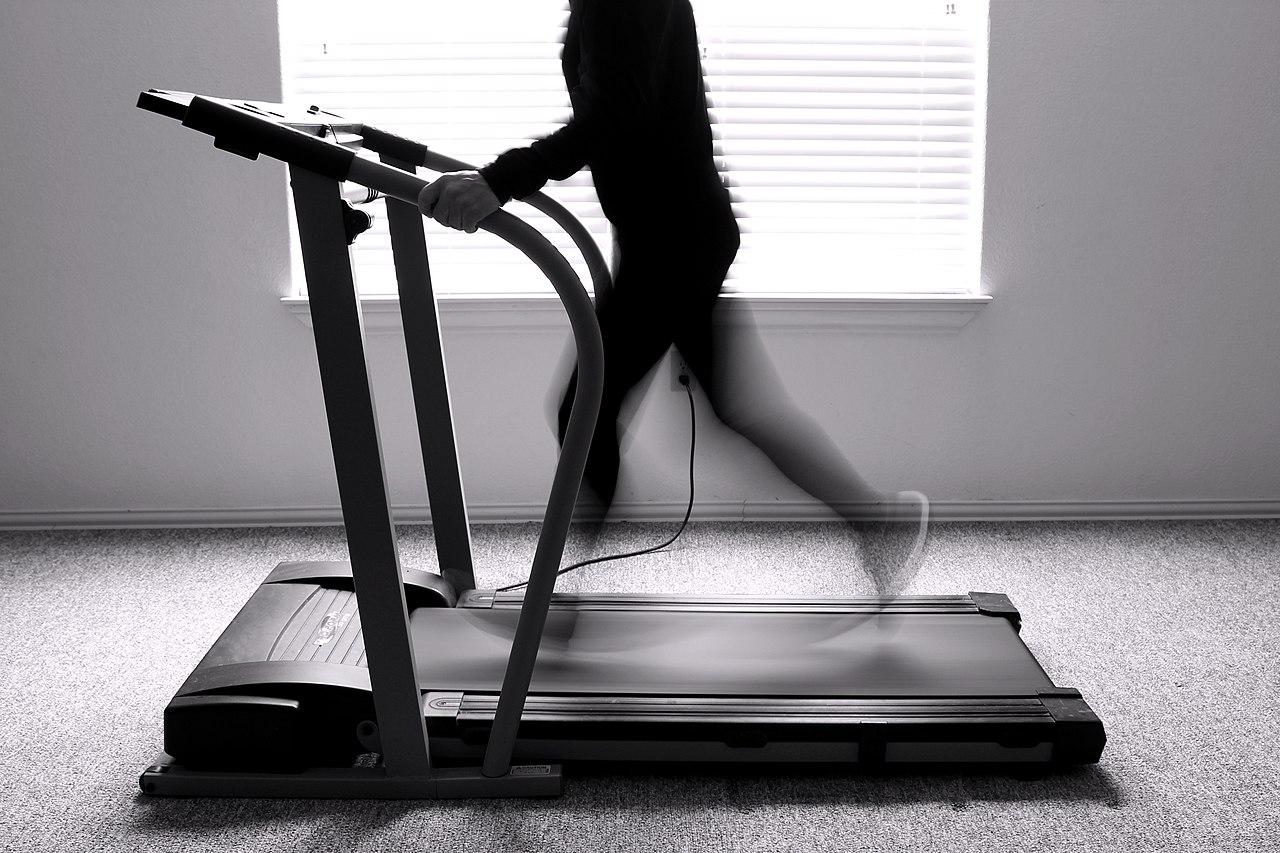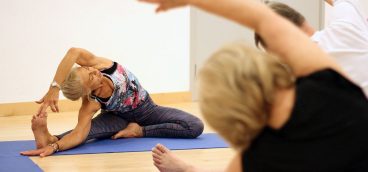
Question: I began an exercise program about a year ago? Initially I worked out two or three times a week, but I felt so good that I began exercising five days a week, and now it is every day per week – sometimes twice a day. Lately I feel tired most of the time and am not motivated to workout but feel extremely guilty if I don’t. Could I be addicted to exercise?
First and foremost, you should be commended for taking the all-important first step
of starting, and even more importantly sticking with an exercise program. A
substantial body of research points to the fact that many health and wellness
benefits are linked to regular physical activity. That said, as is the case with many
other things that we enjoy, there is a perception that if some is good then more
must surely be better! With respect to exercise and physical activity this view,
when taken to extreme, can be counterproductive.
Exercise addiction is considered an unhealthy obsession with physical
fitness and exercise. The point at which healthy exercise becomes obsessive
exercise may vary from one person to another, however. For example, a highly
trained athlete can successfully manage a greater exercise load on a more
consistent basis than can the recreational weekend warrior. Your body will usually
send out warning signals if you are doing too much, and problems can occur if you
are not willing to listen!
In most instances your muscles and circulatory system gradually adapt to the
physical stress (exercise) imposed upon it. That is why you become stronger and
more physically fit as you progress through a properly designed workout program.
However, attempting to do too much too soon, or failing to allow your body
sufficient rest and recovery time between workouts, can lead to problems.
Common symptoms of too much exercise include a constant feeling of fatigue,
unexpected weight loss, decreased athletic performance even though you are
working harder and training longer, and overuse injuries such as shin splints and
stress fractures. To avoid such setbacks, you should vary workout routines and
allow for sufficient rest and recovery between workouts. For example, schedule
strength (resistance) training workouts on alternate days from aerobic workouts
and vary the exercises within each workout. It is also a good idea to take a day off
every so often.
For some people that is hard to do however, as exercise becomes the central
focus of their lives. They may feel extreme pressure to stay in shape, possibly to
impress co-workers and peers, or they may simply get great pleasure from working
out. Exercise causes the release of certain chemicals in the nervous system,
chemicals that create a sense of pleasure or reward. A so called “addiction” to
exercise may be, in part, due to this pleasure response. People who are overweight and partake in extreme weight loss regimens may also be at risk. Symptoms of
exercise addiction include:
- an inordinate amount of time spent exercising
- refusal to change or miss a workout for any reason
- a willingness to exercise in unsafe conditions such as running outdoors in a lightning storm
- deterioration of personal relationships – nothing can compete with the desire to exercise
- engaging in the exercise behavior in secret.
Exercise addition is not a common problem but can be serious when it does occur.
For some people it is the result of an underlying issue not readily apparent, such as
depression. In extreme cases professional therapy may be recommended as
relapses can occur, just as with substance abuse. In my opinion your situation
merely sounds like you need to take a break from your exercise routine every so
often to maintain motivation and stay mentally fresh. Always keep in mind that
your primary reasons for exercising should be improved health, wellness, and
enhanced quality of life. When exercise fails to accomplish those objectives – if
you are constantly stiff and sore, if relationships suffer due to your life being
scheduled around workouts, or if you experience one exercise-related injury after another – then it is time to take a step back and re-evaluate your situation. My advice would be to listen to your body, respond accordingly, and rely on good common sense.









